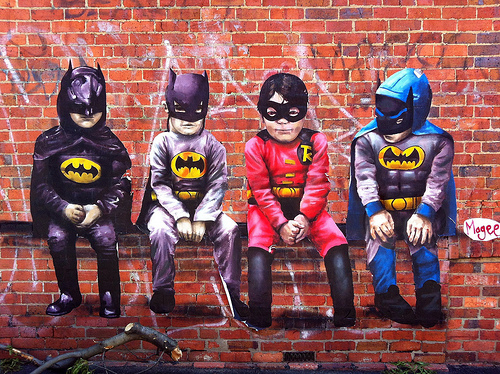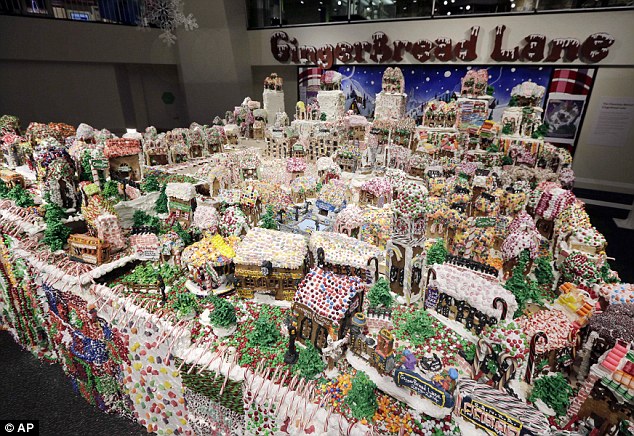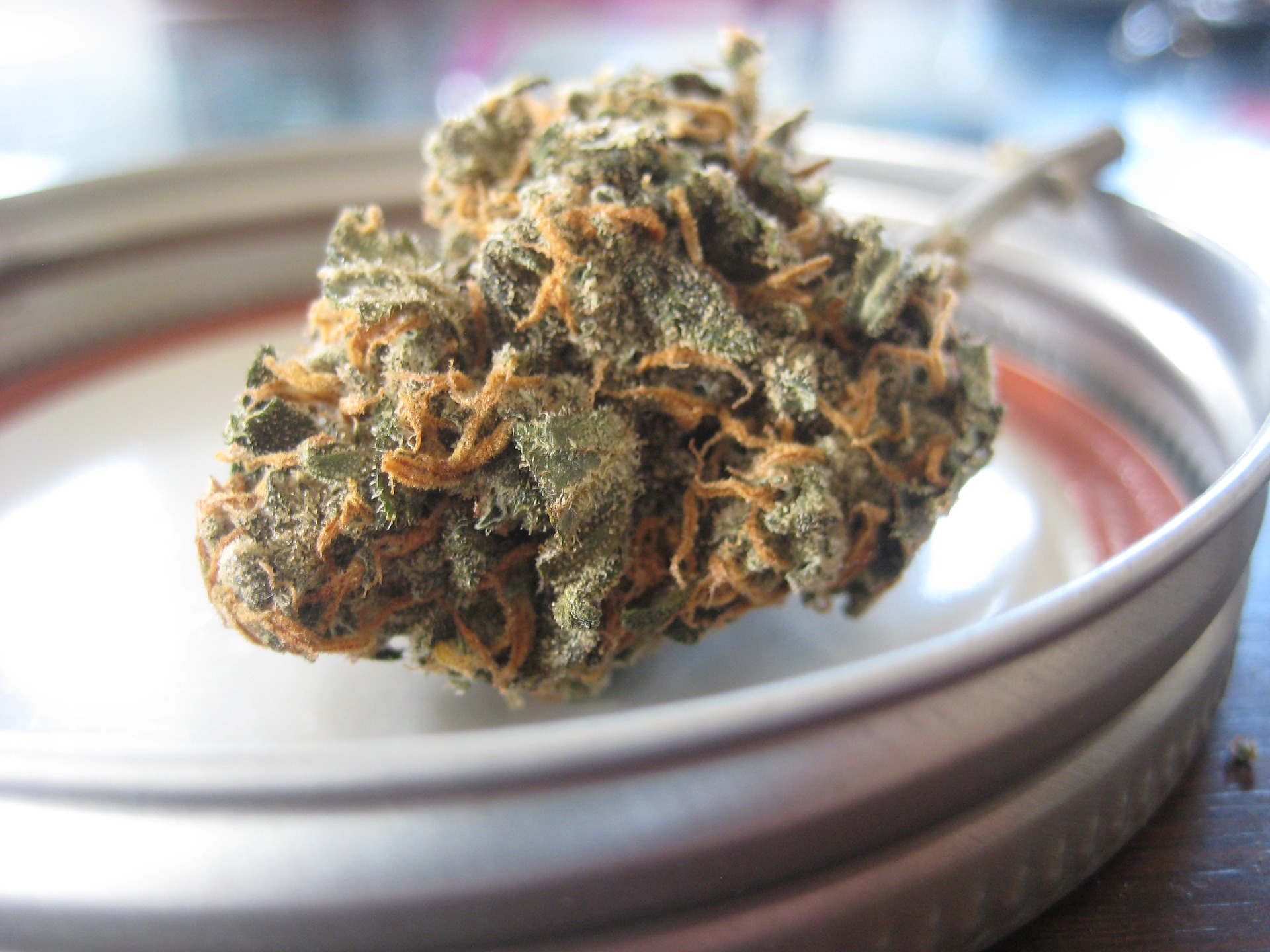The Qingming Festival, or Tomb-Sweeping Day (Hong Kong calls it the Ching Ming Festival), is a traditional Chinese festival that typically occurs around April 5th every year. On this day, people go to the graves of their ancestors to honor them. Tombs are sweeped and food/drinks are offered up. Qingming festival is practiced in many countries, like Malaysia and Singapore. Typically, big family functions are held on this day. The festival dates back over 2500 years.
Traditionally, the family can perform a ritual where ghost money (aka joss paper) and paper replicas of material goods (such as cars, homes, etc) are burned. Below is a scene from a gathering in Penang, Malaysia:
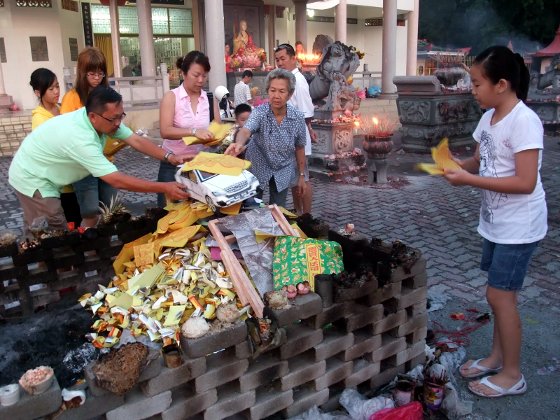
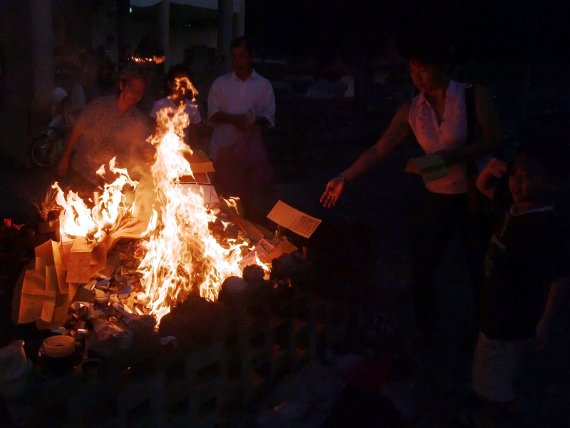
Food can be laid out in front of the deceased’s headstone (chicken, eggs, pork) along with chopsticks, and wine cups. The families often eat the food there at the grave site after the ceremony, as if having a picnic with their deceased relatives and ancestors. (source)
Ghost Marriages
The time around the Qingming Festival is also a peak time for ghost marriages. Also known as “spirit marriage”, it’s a 3000 year old custom that is practiced mostly in northern China. In a ghost marriage, one or both of the parties are deceased.
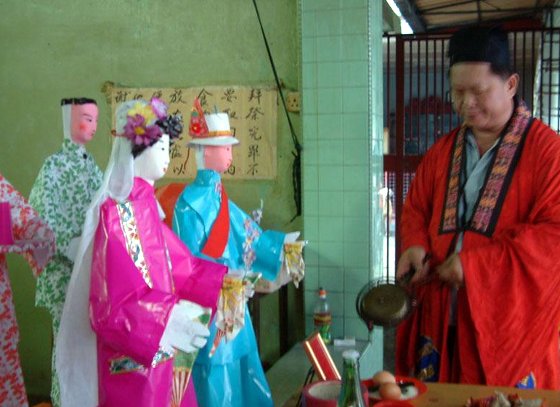
A Ghost Marriage Ceremony
In the scene above, the paper doll represents the spirit’s physical presence. A priest conducts the ritual. Afterwards, paper offerings are gifted to the wedded spirits, then burned later.
One case saw two dead people joined in marriage. The family of the deceased man paid to get possession of the body of the dead woman, then had the ceremony performed, after which both bodies were buried together. However, grave robbers snatched the female’s body and sold it off to somebody else, where it was used in another ghost marriage ceremony. Because of the popularity of this tradition, bodies of deceased females can sometimes fetch a decent price.
Sources: Weird Asia, Economist, Singapore Paranormal Investigators
